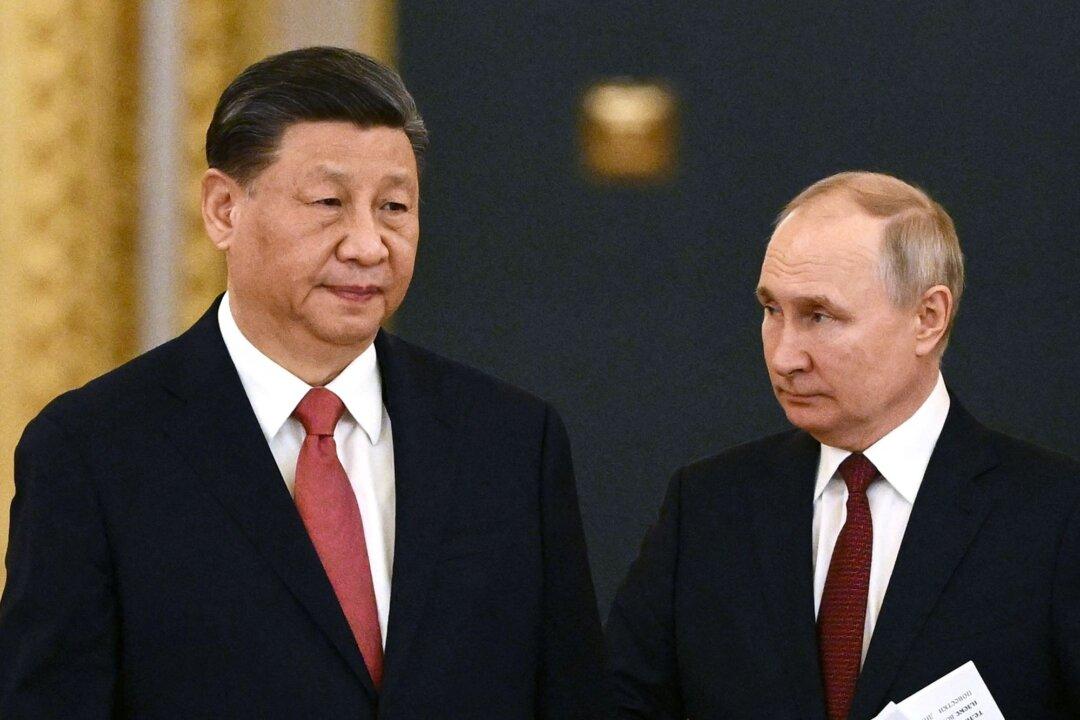Russian President Vladimir Putin confirmed on June 16 that he had delivered the first batch of tactical nuclear weapons to Belarus, three months after announcing the plan. Political analysts say Putin’s move is a slap in the face to Chinese leader Xi Jinping and ruined the Chinese regime’s attempts to masquerade as a war mediator, as Putin has unilaterally torn up an agreement between China and Russia that opposes the transfer of nuclear weapons to a third country.
“We have acquired missiles and bombs from Russia,” Lukashenko said in a media interview on June 13.






